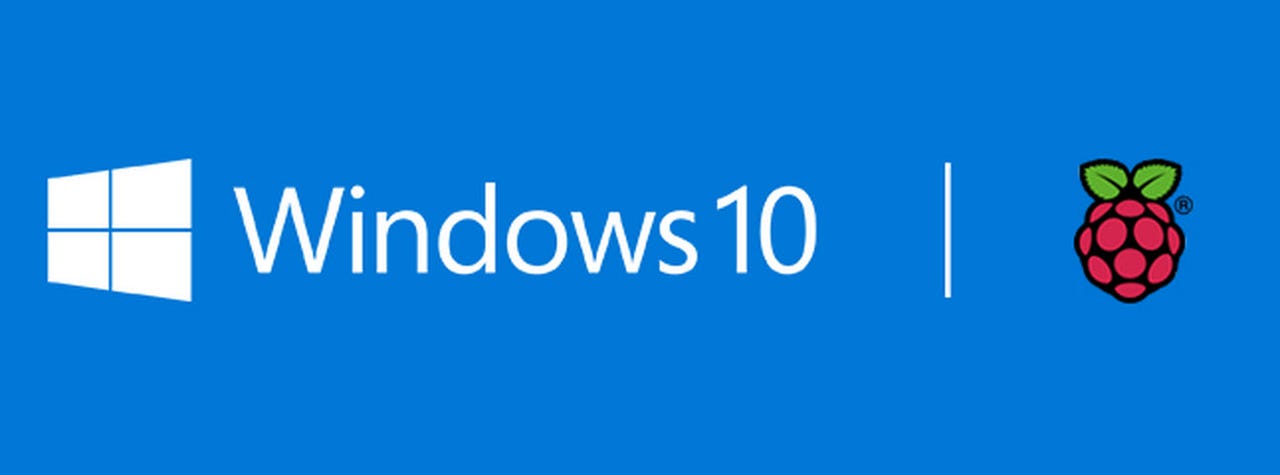Microsoft's Windows 10 for IoT: What to expect

During Microsoft's most recent Windows 10 reveal event in Redmond, Microsoft officials held a show and tell for many of the different versions of Windows 10 that the company is building for phones, tablets, PCs, conferencing systems and even holographic goggles.

But company officials didn't share anything new there about the Internet of Things (IoT) version of Windows 10 that Microsoft is readying.
In spite of that omission, we do know there are several different flavors of Windows that Microsoft is positioning as being part of the Windows 10 for IoT family.
Among them: Windows 10 Industry, Windows 10 Mobile, Windows 10 Compact, Windows 10 "Athens," and the updated version of the .NET Micro Framework. According to a couple of slides Microsoft showed off last fall at Tech Ed Europe, each of these Windows for IoT flavors is aimed at a different category of devices. Windows 10 Industry -- like the current Windows Industry embedded SKU -- is targeted at Intel-based point-of-sale systems and other specialized devices and will run both Win32 and "Modern"/Universal apps.
The Windows 10 mobile SKU will run on both Intel- and ARM-based tablets and phones, according to that same slide. (I believe is the coming version of Windows 10 for Windows Phones and small tablets that is due to go to preview in February.) The Compact/Athens SKUs, which also run on both Intel- and ARM-based devices, is for resource-constrained devices that need to run Universal Apps. The next version of the .Net Micro Framework, designed for wearables, small sensors and equipment like vending machines.
The Windows 10 IoT operating system versions are expected to be built on the new common core (OneCore), share the common Windows 10 Runtime and be available via the coming, unified Windows Store.
More Windows 10
Steve Teixeira, Windows IoT team Director of Program Management, has said that the .Net Micro Framework is aimed at things that are a "sub PE (Preinstallation Environment) class of device," such as wearables, cars and conference rooms. It is aimed at things that can't run a full OS, but instead will be "service-backed devices" where companion apps for interacting with these devices might run on phones or tablets, he has said.
Does this mean the latest version of the Rasberry Pi board, the Raspberry Pi 2 Model B -- which has at its heart a quad-core ARM v7 processor, will run the next version of the .Net Micro Framework, Athens or some custom version of Windows 10, like the HoloLens augmented-reality goggles and the Surface Hub conferencing system will? It's not entirely clear, but I'm thinking custom is the likely answer. Update: One of my sources who knows quite a bit about Windows 10 says Athens is the more likely answer.
Microsoft officials talked a bit about early plans for Windows for IoT at the Microsoft Build 2014 conference last spring, and released an "alpha" of where the company planned to head with Windows 10, in the words of Microsoft officials. Microsoft execs also have demonstrated what they described as "Modern" Windows for smaller devices running on an Arduino-compatible Galileo board, which could run the OneNote service/appliation programming interface. That early Windows 10 IoT code and more information about it is available today on GitHub. I didn't think this alpha version was Athens, but now I'm not quite so sure....
Microsoft's just-announced plans to support the new Rasberry Pi board seem to be part of the custom Windows for IoT work it already has done for Arduino/Galileo. Officials are saying only that they will share more about Microsoft's Windows for IoT plans "in the coming months" -- my bet, Build 2015 at the end of April 2015.
That's about as much as Microsoft officials have said or hinted at this point ... except for one interesting tidbit from a scrubbed (to remove "Athens" references) Microsoft Embedded System Engineer job posting.
According to that job post for IoT China, which is part of the Beijing-based arm of Microsoft's Operating System Group, Microsoft was looking for an engineer "to help defining and delivering a set of cross platform technologies for migrating Windows Embedded Compact applications to run on Windows 10 based Athens platform." So it sounds as if Athens may be the intended successor to Windows Embedded Compact.
Related: